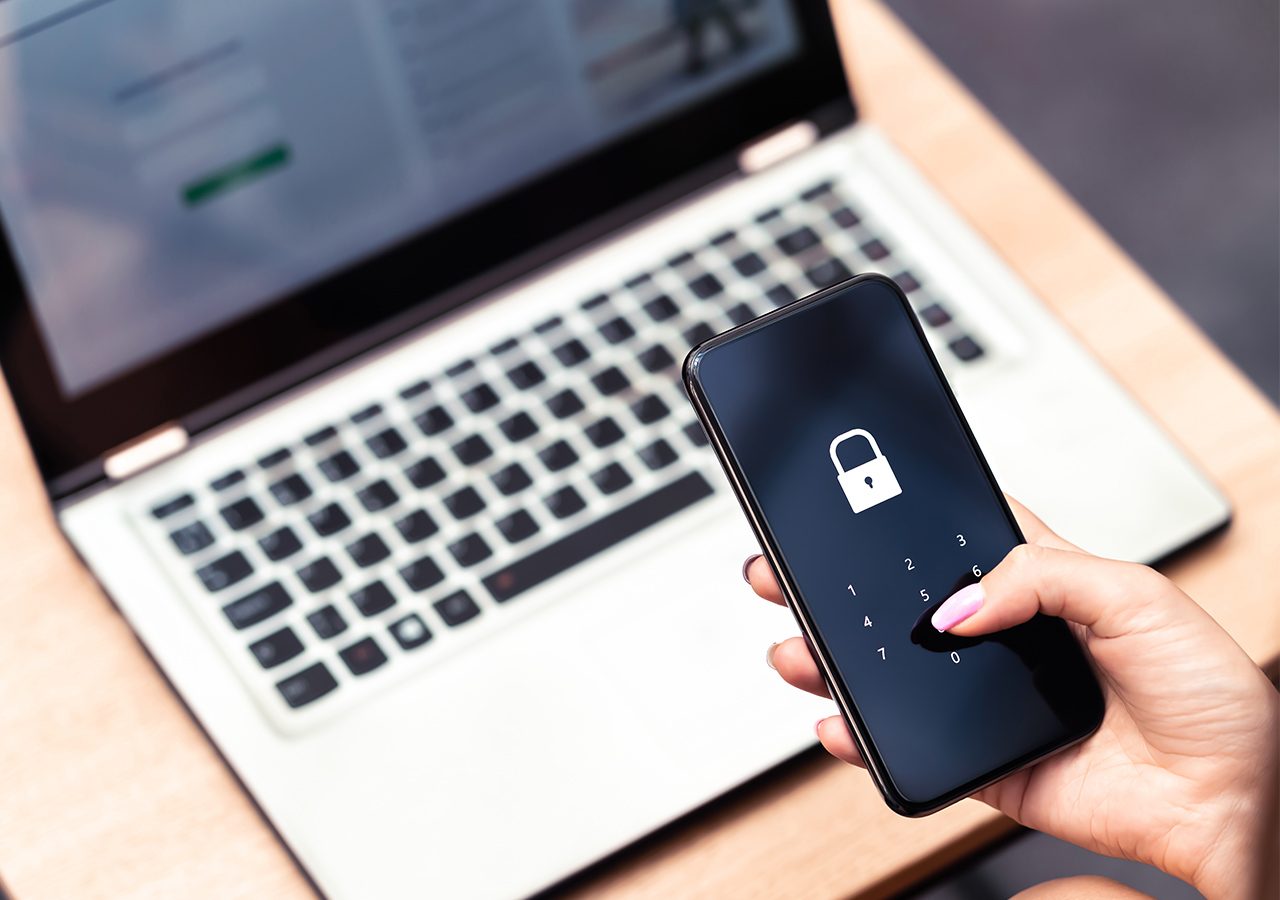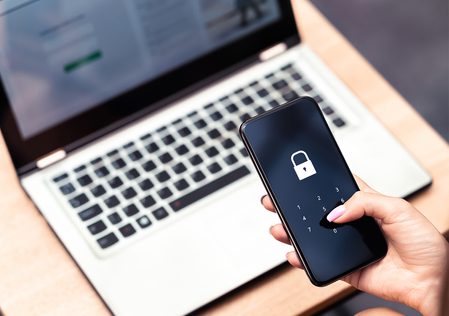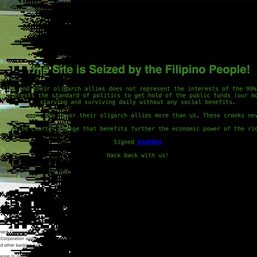SUMMARY
This is AI generated summarization, which may have errors. For context, always refer to the full article.

The world marks Safer Internet Day once a year, but netizens need to actively pursue our safety online every minute of every day.
The growing online risks and ways to safeguard against them were the topics of the fourth seminar in MovePH’s Digital Media and Society series on “Digital Hygiene: How to manage online risks in the age of disinformation,” organized by #FactsFirstPH.
“You should change your account passwords as often as you change toothbrushes: twice a year,” said Mon Liboro, founder of Privacy and Security by Design Inc.
Liboro, the former National Privacy Commissioner drew an analogy between digital and oral health.
“Oral hygiene is about gaining pleasure (enjoying everything that the internet has to offer) and avoiding pain (particularly, against cyber criminals all over the internet),” he said.
There were 5.16 billion internet users and almost 4.76 billion social media users worldwide as of January 2023. So the odds are great that what you post online could be seen by a vast number of people.
You should take care of your own digital hygiene to safeguard your data and keep them secure from malware, system malfunctions, online theft, and other malicious activities.
You pay with your data
“The internet has become commercial. Because of that, many advertisers want to capture you as an advertising audience,” Liboro said.
If there is a free service that you use on the internet, “you paid for it with your personal data. In exchange for enjoying access to the internet, advertisers have invaded your privacy,” he emphasized.

There are many ways that your personal data, given freely in the course of your online presence, may betray you. The risks go beyond just someone else, someone unknown to you, having possession of a great bulk of your information.
Aside from being targeted for advertising by different entities, you can be vulnerable to identity theft, cyber stalking, bullying or harassment, and spam (whether by email or phone).
“Whenever we go online, we leave a trail of digital crumbs that websites use to track visitors. It is about what different actors online can link together,” said Rappler’s head of digital services Gemma Mendoza.
Cookies themselves are [neutral], Mendoza said.
“The problem is in how bad actors can create a persona of you by linking together information found all over the internet. That can be used to target you,” she explained.
“Every information about you that’s out there is part of a puzzle. Each piece of data is a piece of the puzzle. By linking these together, they can put together your identity and impersonate you, for example, by opening accounts under your name.”
Mendoza said netizens should “always assume that anything you share can be pieced together.”
“You need to keep some measure of privacy,” she stressed.
Do a privacy audit

The good news is, there are things you can do to mitigate the risk to your data.
Do these regularly and you will improve your digital hygiene.
- Go into your various accounts and check your privacy settings: on Facebook,
- Google, Twitter, Instagram, and LinkedIn, among others.
- Limit the amount of private data that could make you vulnerable, like birthdate, ID numbers, bank account details, and the like.
- Delete any suspicious or vulnerable items, like devices or apps that have access to your data through these accounts. It is important to monitor this and conduct such a review often so that you are aware of what third parties are sharing about you and your activities online.
- While you’re there, change your password into a strong, long password; use a unique password
- for each account.
- Enable two-factor authentication or two-step verification.
- Clear your browser cookies regularly.
Stand up for your rights
Liboro said the Data Privacy Act of 2021 “takes care of your rights and safety”.
But the law doesn’t operate in a vacuum. We still need to practice regular digital hygiene.
‘These rights are never handed to us on a silver platter,” stressed Mendoza. “Granted, there are laws in place. But if we do not use those laws to protect us and to push back, nothing will come of it. We need to assert our rights. You need to report violations of your rights to the proper authorities.”

These are your rights in the digital space
● Right to be informed
● Right to object
● Right to access
● Right to data portability
● Right to correct or rectify
● Right to block
● Right to file a complaint
● Right to be indemnified
Liboro issued a valuable reminder: “Ang personal information mo, parang pagmamahal lang. Dapat sa tamang tao napupunta.” (You should treat your personal information like love. Just give this to the right person.”
Find out more in 30 Ways to Love Yourself Online.
Register for the final session, “How to exact accountability through truth-telling”, to be led by former Chief Justice Maria Lourdes Sereno on February 17 at 2 p.m.
Among the topics that will be discussed are the constitutional structure of truth-telling, the responsibilities of citizens, government, other sectors, and what can be done moving forward. Participants can sign up here. – Rappler.com
Add a comment
How does this make you feel?


![[OPINION] We should own our health](https://www.rappler.com/tachyon/2024/06/thought-leaders-we-should-own-our-health.jpg?resize=257%2C257&crop=271px%2C0px%2C720px%2C720px)

![[OPINION] A big defeat for Big Tech](https://www.rappler.com/tachyon/2024/03/big-defeat-big-tech-march-27-2024.jpg?resize=257%2C257&crop=425px%2C0px%2C1080px%2C1080px)






There are no comments yet. Add your comment to start the conversation.